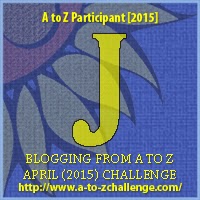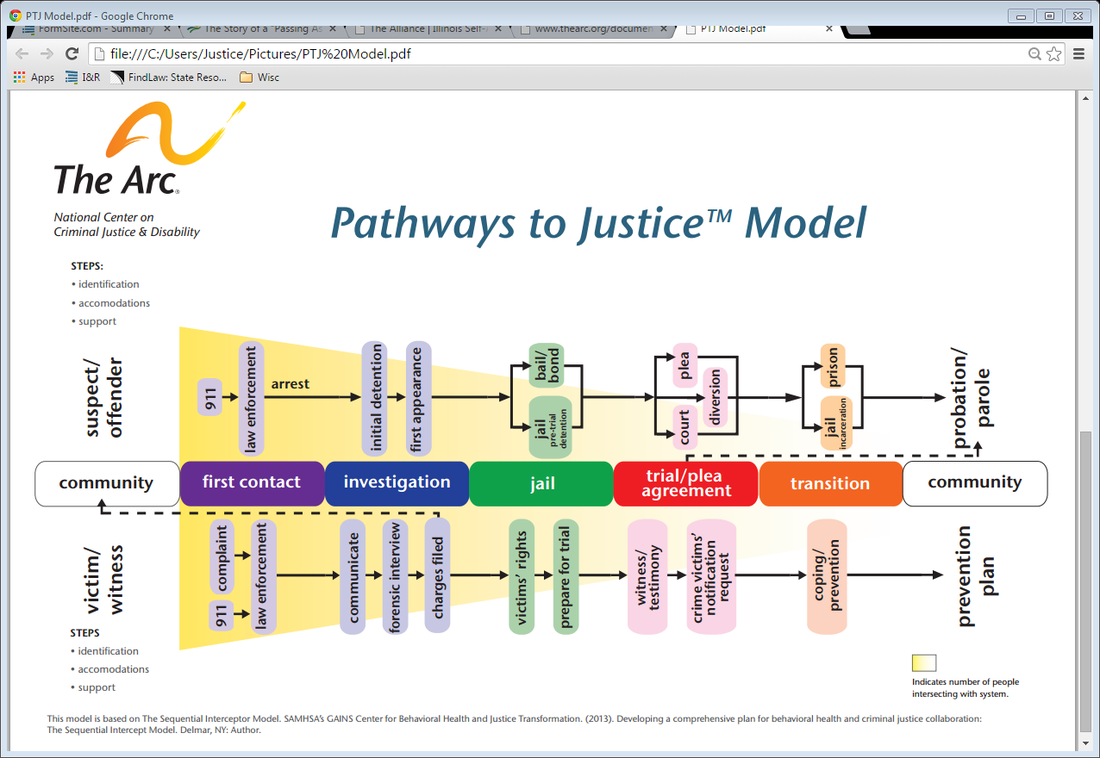 Justice is something of a hot topic lately. News reports of another person with a disability being mistreated or lost in the system seem to appear daily. One organization that focuses solely on finding justice for our loved ones is the National Center on Criminal Justice & Disability (NCCJD).
Justice is something of a hot topic lately. News reports of another person with a disability being mistreated or lost in the system seem to appear daily. One organization that focuses solely on finding justice for our loved ones is the National Center on Criminal Justice & Disability (NCCJD).
Americans with disabilities are victims of violent crimes at nearly three times the rate of their peers.
~ David Perry – The Atlantic
Why do police keep seeing a person’s disability as a provocation? Cops keep wrongfully killing the intellectually or psychiatrically impaired. ~ Harold Braswell – Washington Post
The death of someone so young is always a tragedy, but Ethan’s death was all the more tragic because it was preventable. Ethan Saylor had Down syndrome, a condition caused by an extra copy of the 21st chromosome. He had an IQ of 40, thirty points lower than the number that constitutes a disability. Ethan was approached by police officers because he had stayed in his movie theater seat after a showing of “Zero Dark Thirty” in the hopes of seeing it a second time. Though his aide had warned the officers that Ethan did not like to be touched, the officers disregarded Ethan’s disability and his aide’s warnings. When Ethan reacted irritably, he was tackled by the three officers. His larynx was crushed, blood entered his lungs, and he stopped breathing. Ethan died before reaching the hospital.
Too often, people with I/DD fall through the cracks in a criminal justice system that is not properly equipped to help them. Ethan’s story is an example of what can happen when law enforcement officers or other first responders are not properly trained to interact with people with I/DD during initial confrontations. But people with I/DD face challenges in every part of the criminal justice system. From first contact with the police, to the investigation, trial, and sentencing, people with disabilities have been historically mistreated due to a lack of education and support. The missteps and abuses continue today.
To help solve the problems facing people with I/DD in the criminal justice system, The Arc (a national non-profit that serves people with I/DD and their families) created the National Center on Criminal Justice & Disability™. Since receiving a grant from the Bureau of Justice Assistance in 2013, NCCJD has been working to fix the cracks in the criminal justice system. NCCJD is the first national effort of its kind to bring together both victim and suspect/offender issues involving people with intellectual and developmental disabilities (or I/DD) under one roof. NCCJD works with a national community of advocates, including law enforcement, legal professionals, victim service professionals, self-advocates, and the friends and families of people with disabilities. Ethan Saylor’s mother, Patti, is one such advocate.
NCCJD works tirelessly to build the capacity of the criminal justice system to respond to gaps in existing services for people with disabilities. To achieve this goal, NCCJD trains criminal justice professionals on how to respond to victims, witnesses, suspects/defendants, and offenders with I/DD. NCCJD provides online materials including fact sheets, state-by-state resources, white papers, literature reviews, and reports. NCCJD also posts informative webinars and hands-on training materials to help others in the field and to increase public awareness about the issues affecting people with I/DD in the criminal justice system. The Center is currently working on creating a state-by-state map of legislation related to people with I/DD in the criminal justice system, multiple white papers, information about model legislation, and a database of expert witnesses with specialization in I/DD issues.


